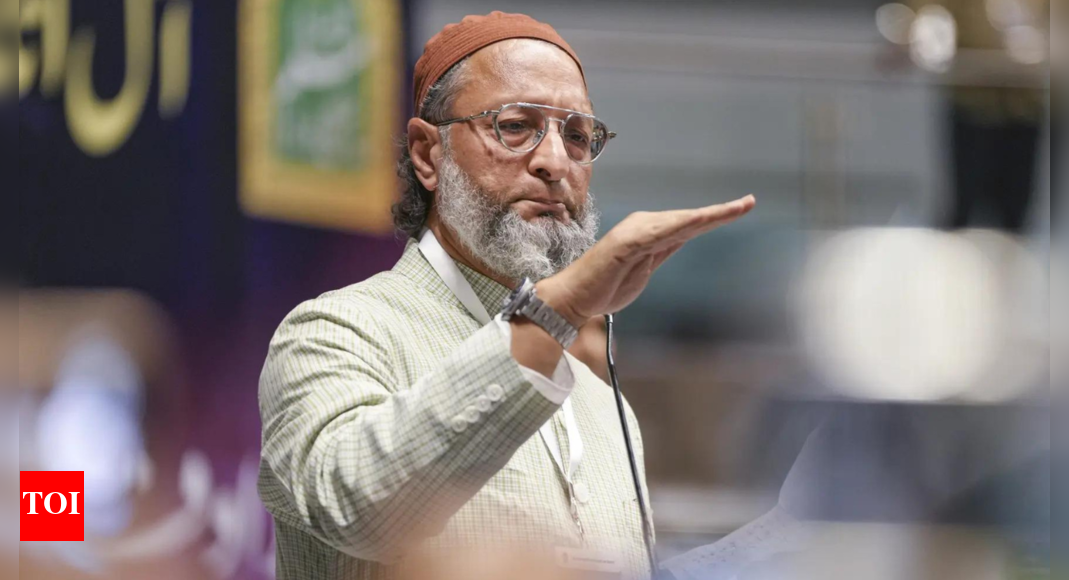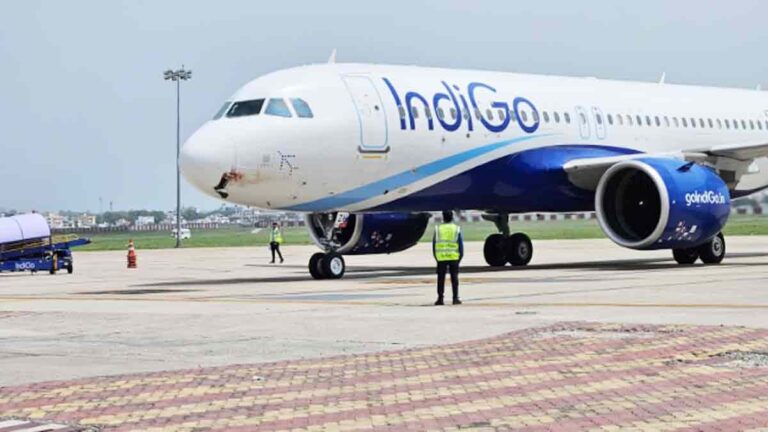Asaduddin Owaisi Urges PM Modi to ‘Adopt Kashmiris’ Amidst Pahalgam Terror Unrest
Owaisi Urges Modi to Adopt Kashmiris Amid Protests and Terrorism
In a recent turn of events, Asaduddin Owaisi, the leader of the All India Majlis-e-Ittehad-ul-Muslimeen (AIMIM), has made a poignant appeal urging Indian Prime Minister Narendra Modi to adopt and protect the rights of the Kashmiri people. This call comes in light of spontaneous protests in Kashmir following the devastating Pahalgam terror attack that took the lives of 26 individuals, which has reignited discussions around the region’s sentiments towards Pakistan and the Indian government.
Kashmir’s Response to Terrorism
The protests that erupted in response to the Pahalgam attack have signaled a significant moment in Kashmir’s ongoing struggle with insurgency and civil rights. Owaisi highlighted that the demonstrations showcase a “clear rejection of Pakistan” by the locals. His remarks resonated with many, reflecting the need for the Indian government to not only confront Pakistan for its persistent support of terrorism but also to “adopt” the Kashmiri people who have long been victims of this conflict.
Owaisi stated, “In fact, it is a historic opportunity for the government, for Prime Minister Modi, for home minister Amit Shah. They should use this opportunity properly. You should definitely confront Pakistan but you should also adopt Kashmiris.” The crux of his message is a call for the government to focus on ensuring the protection of human rights in the region, emphasizing the need for Kashmiri students and their rights to be safeguarded.
Implications of Adopting Kashmiris
When Owaisi refers to “adopting” the Kashmiris, he underscores several key areas that need urgent attention:
- Human Rights Protection: Ensuring that the rights of the Kashmiri people are maintained and they are treated with dignity.
- Educational Security: Protecting Kashmiri students from discrimination and violence in other parts of India.
- Economic Assistance: Providing avenues for economic development in Kashmir to curb the cycle of violence and poverty.
- Political Engagement: Including local representatives in the decision-making processes that impact their lives.
Tackling Pakistan’s Role in Instability
Owaisi did not shy away from addressing Pakistan’s role in perpetuating unrest within Indian borders. He remarked, “You can never trust Pakistan as long as the Pakistani deep state, Pakistani ISI, Pakistani military’s objective is to destabilise Bharat”. His comments echo long-standing sentiments regarding Pakistan’s involvement in fostering terrorism in Kashmir and other regions of India.
This ongoing conflict has placed the spotlight on the need for a robust diplomatic approach. Owaisi is set to be part of a seven-member all-party delegation, aiming to counter Pakistan’s narrative on international platforms, particularly among UN Security Council members. This diplomatic outreach following “Operation Sindoor,” launched in response to the Pahalgam attack, aims to underline India’s stance against cross-border terrorism.
The Road Ahead for Kashmir
As Kashmir continues to grapple with its complex socio-political landscape, the calls for a dual approach—confronting terrorism while extending a hand of support to the Kashmiri people—gain pressing relevance. The Indian government is at a crossroads; how it chooses to respond will not only shape the future of Kashmir but also influence national security and communal harmony in India.
It is essential for the government to seize this moment, as Owaisi suggested, to ensure that the disenfranchised voices of Kashmiris are heard and considered. By creating an environment where Kashmiris feel secure, valued, and integrated into the fabric of India, the chances for lasting peace in the region may become attainable.
The forthcoming days will reveal how the government chooses to engage with both the challenges posed by Pakistan and the expectations of the people of Kashmir. In an era of increased global scrutiny, the ability to effectively manage this multi-faceted issue could set the tone for India’s approach to regional stability and its international standing.






